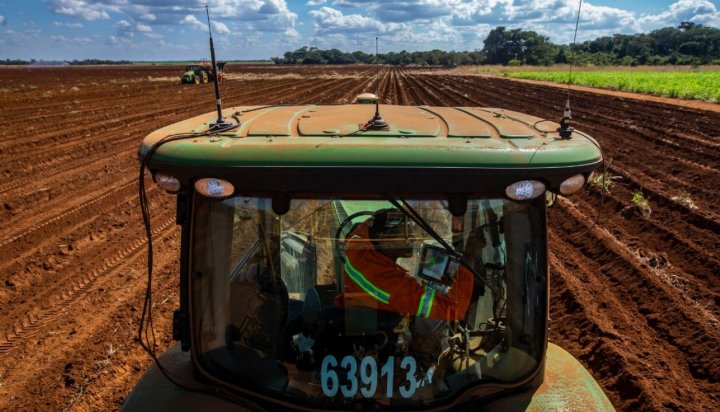Energy giant BP has teamed up with US grain trader Bunge to form a bioenergy company in Brazil.
The 50:50 joint venture will combine BP’s biofuels and biopower businesses with that of Bunge to create a highly efficient producer of sugarcane ethanol and generate renewable electricity, fuelled by waste biomass from the sugarcane.
Ethanol produced from sugarcane is said to be one of the most carbon efficient biofuels available globally, with lifecycle greenhouse gas emissions around 70% lower than conventional transport fuels.
BP Bunge Bioenergia will operate on a standalone basis, with a total of 11 biofuels sites across the Southeast, North and Midwest regions of Brazil and 32 million metric tonnes of combined crushing capacity per year.
Around 70% of the vehicles in the country are already able to run on ethanol and demand for the fuel is estimated to increase by around 70% by 2030.
Bob Dudley, BP Group Chief Executive said: “This is another large-scale example of BP’s commitment to play a leading role in a rapid transition to a low carbon future.
“Biofuels will be an essential part of delivering the energy transition and Brazil is leading the way in showing how they can be used at scale, reducing emissions from transport. This combination will unlock new possibilities for improved efficiency and future growth in this key market.”
In 2018, the two businesses produced a total of around 2.2 billion litres of ethanol equivalent and after powering the sites, exported 1,200GWh of biopower to the national grid.





